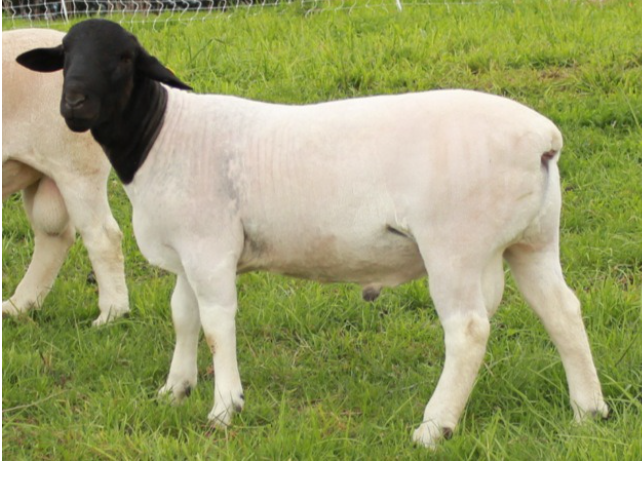A Spacious Single-roomed Chicken House (Courtesy)
Nicolas Kibet, a 34-year-old Kapsabet town resident, confesses that chicken and sheep farming was his final alternative after campaigns swallowed his hard-earned money.
Kibet confirmed that he spent most of his savings on the campaigns and, in his own words, he remorsefully said “Maisha ilikuwa imekuwa ngumu.”
A Modest Start
One thing Nicholas had remained with was land, and farming with its low barrier of entry and little capital provided him with another opportunity to build wealth for himself.
He began with five chickens to now owns a flock of more than 200 indigenous chickens.
Kibet claims that eight kilograms of grain were all he required in the morning for mature birds before allowing them to free range on his one-acre farm for the remainder of the day.
Later, the politician-turn-farmer gave them layers’ mash, which comes in two 50 kilogram bags for Sh5000 and lasts a month for 100 birds.
Returns on Investment
One-day old chicks cost KES 100, two-month-olds for KES 250, and four-month-olds for KES 450.
When his chicks attain three kilograms in six months, Kibet sells them in bulk for KES 700 or to individual buyers for KES 1000. He claims that chicks, rather than mature hens, are the main moneymakers.
Kibet supplies a nearby restaurant with 10 chickens every day since he hatches an average of 100 chicks per month.
“The local demand for Kienyeji chicken is insatiable; they are hardy—resistant to most diseases and thrive fed on a little in the way of commercial feeds,” he explained why he chose pure Kienyeji chicken.
Routine Programme
“In all the years I’ve been keeping Kienyeji chickens, the cause of sickness I can think of is putting them in a dirty, unaerated coop, given that they’re well vaccinated and frequently dewormed,” the farmer revealed.
“Given that free range, poultry eat almost everything they come across, deworming at the first month and every two or three months is also essential,” Nicholas advised.
Newcastle at three weeks and chicken pox at one month are part of his usual vaccines.
One Business Leads to Another
Nicholas further claims that the success of his chicken business inspired him to start his sheep endeavour.
“I made sure to save about KES 10,000 every week from whatever earnings I got from my chickens, which I’d designated as a start-up money for my sheep farm,” he added.
He started with three sheep and has recently completed building a large contemporary shed that will house 70 sheep, 40 of which are pure-line dopers.
“Indigenous sheep mutton, in comparison to other breeds, does not have a distinctive sheep odour, making it a popular choice among consumers. Thus, there is market appetite,” he argues.
“The doper is a tough, light to moderate eater who consumes approximately seven kilos per day, and a swift maturer who puts on weight quickly,” he added.
Every month, he sells at least two rams for between KES 8000 and KES 10,000 each.
With standing orders for one-day-old sheep for KES 3000 coming in from as far as Nairobi, the firm has proven to be more than a solid investment thus far.
Nicholas grazes his sheep on forest terrain twice a week, supplementing their diet with boma Rhodes hay and 5 kg of the dairy meal.
Food for Thought
Kenyan poultry and sheep farming are profitable enterprises. It’s much better now that large restaurants and hotels have opened up.
People at home are also known to consume eggs and meat daily, thus there is never a shortage of demand for poultry and sheep products.
Do you want to venture into chicken and sheep farming?







